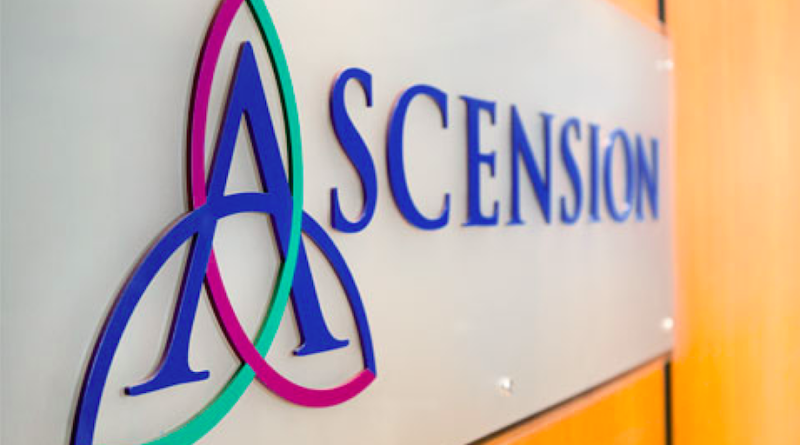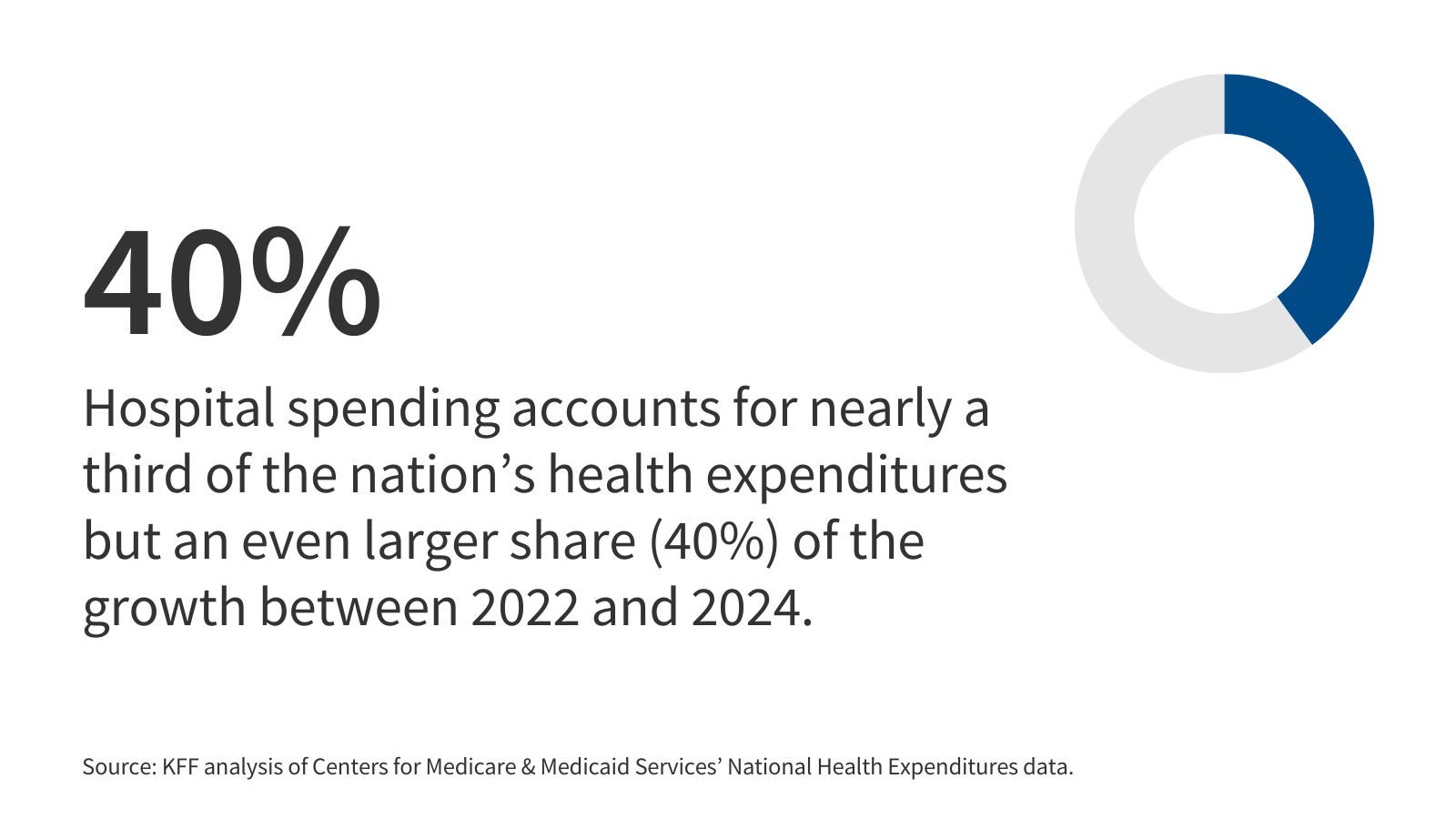As physicians who treat life-threatening autoimmune disease, we are problem solvers, adept at prescribing diagnostic tests and medications to improve people’s health and quality of life. The problem that affects our patients most, however, is access to affordable medical care. In particular, high costs make many of the medications used to treat chronic autoimmune conditions—including rheumatoid arthritis, psoriatic arthritis and scleroderma—inaccessible.
The Centers for Medicare & Medicaid Services (CMS) is uniquely qualified to implement solutions to the problem of high drug prices for Medicare beneficiaries, as well as those with private insurance, given that much of private insurance coverage follows CMS policy. The passage of the Inflation Reduction Act (IRA) in 2022 laid the framework for Medicare to negotiate lower drug prices for 70 medications, with plans to continue extending negotiations to another 70+ drugs over the coming years.
When CMS hosted a town hall this past spring on the Medicare Drug Price Negotiation Program, we were honored to represent the American College of Rheumatology (ACR) and the broader rheumatology community. Clinicians, researchers, patients and representatives of patient advocacy groups described the medications under negotiation and their positive impacts on human health and quality of life. During the event, we explained the unique niche filled by two of the 15 drugs selected in the second round of price negotiations: Otezla (apremilast) and Ofev (nintedanib). We appreciated the opportunity to contribute to this process and offer suggestions and considerations for future negotiations.
Both of these medications are critical for rheumatology patients, with tens of thousands of Medicare beneficiaries relying on them to manage their rheumatologic conditions; however, like so many medications, they are prohibitively expensive. The high cost often leads to patients skipping doses or forgoing their treatments, leading to hospitalizations, disability and other dire consequences that could have been avoided.
In the case of Ofev, lack of access to medication can mean a reduced life expectancy with increased shortness of breath, especially for patients with idiopathic pulmonary fibrosis and autoimmune-associated lung disease such as scleroderma, whose disease progression is characterized by lung scarring and permanent damage. Otezla is an oral medication that treats painful oral ulcers associated with Behçet’s disease, deforming skin rashes in psoriasis and both joint pain and joint destruction in psoriatic arthritis. Medication adherence is critical in slowing the inevitable decline in patients’ health.
For many patients with rheumatic conditions, relief comes from treatment with a medication that must be infused in the vein. And while these treatments can, in many ways, give patients their life back by alleviating debilitating pain, a patient’s ability to make it to the doctor’s office or infusion center for treatment can come with logistical and financial obstacles. On the other hand, delaying or missing treatment often results in severe flare-ups. Thankfully, many patients have found the same relief they received from infusions by taking the pill Otezla as an alternative. The convenient dosing it provides can make treatment adherence easier, assuming the medication is not prohibitively expensive.
While the IRA has faced opposition from drug manufacturers and some members of Congress, the Medicare Drug Price Negotiation Program represents tremendous progress toward lowering prescription drug costs for older patients suffering from chronic conditions such as rheumatoid arthritis, lupus, diabetes and more. Per CMS, “people with Medicare prescription drug coverage are expected to see aggregated estimated savings of $1.5 billion in their personal out-of-pocket costs” as soon as 2026.
We support the inclusion of Otezla and Ofev in this program, and we applaud the Executive Order earlier this year, which indicated that maintaining this important program will help to make these highly effective, potentially life-changing treatment options more affordable and accessible for our patients.
However, there is concern that, as written, the IRA may unintentionally limit patient access to some medications. The upcoming negotiation of Part B drugs given in a doctor’s office or other healthcare setting may lead to reimbursements that are below cost, underpaying the billing provider—commonly referred to as “underwater.” This is because Medicare Part B generally reimburses ASP (Average Sales Price) + 6% for physician-administered drugs. Under the new policy, once a Part B drug’s price has been negotiated, providers will be reimbursed at a Maximum Fair Price (MFP) + 6% for infusing it.
This payment gap will lead to infusion services discontinuing these treatments as they’re unable to cover the loss, thus limiting the availability of facilities and patient access. Thankfully, the Protecting Patient Access to Cancer and Complex Therapies Act (H.R. 4299) aims to address this issue by reverting physician reimbursement for administering Part B drugs under Medicare to the ASP standard, the same way it was reimbursed before the IRA.
Finally, any conversation about fundamental policy reforms that can reduce drug expenses would be remiss without addressing the impact of pharmacy benefit managers (PBMs) and their middleman pricing schemes that drive up overall costs. We must pass legislation that requires PBMs to provide pricing transparency and to remove perverse pricing incentives like rebates that drive profits for large conglomerates at the expense of everyday Americans.
Few would argue that rapidly escalating drug costs are not an urgent and universal issue. For this reason, we applaud the continued utilization of drug pricing negotiations as a significant advancement toward expanding access to care and improving the management of rheumatic diseases and call for continued action to benefit patients nationwide.
Participating in the Medicare Drug Price Negotiation town hall was a powerful experience. Shared stories of suffering and hope urged us to remember that while we must attend to budgets and balance sheets, human life is priceless.
Amanda Myers, M.D., is a rheumatologist at Endeavor Health in Evanston, Illinois. Rebecca Shepherd, M.D., is the chief of rheumatology and director of osteoporosis care at LGH-Penn Medicine in Lancaster, Pennsylvania. They both serve as volunteer advocates with the American College of Rheumatology.
Publisher: Source link










